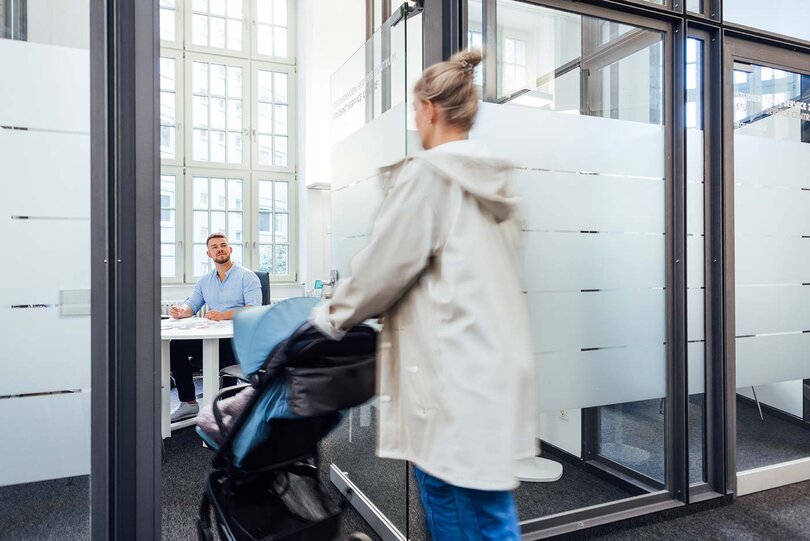Veronika Wolff
I’ve been spending a semester abroad at the Blekinge Institute of Technology in the Swedish city of Karlskrona with my two sons since the end of August 2022. What’s unusual about my case is that my sons aren’t accompanying me, it’s me accompanying them. Richard, in particular, needs my help. He has Asperger’s Syndrome, and needs someone he trusts to help him with his studies – organising everyday life, helping him with lectures and offering household support.
I’m a single parent and have no other support, so this period abroad is only possible for Richard, but also for Niclas (who is hard of hearing and wears a hearing aid) thanks to the actual cost grant under Erasmus+. This is generally the case, but especially so for Sweden, which is a very expensive country.
The semester abroad is important in several respects. It’s important for Richard because it’s a required part of his degree programme at Brandenburg University of Applied Sciences. It’s important for Richard and Niclas because it improves their prospects on the job market – because they can develop their spoken and written English skills, and because it gives them the experience of living with people from different countries, religions and cultures. Our stay in Karlskrona is making them become more independent and helping them develop their social skills.


